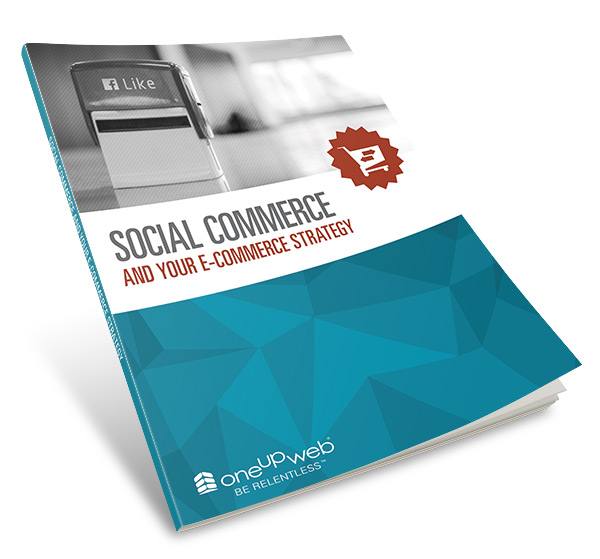3 Myths of Facebook Advertising
In the months before its disastrous IPO, Facebook faced a lot of tough questions about the viability of its advertising business: Is the social network valuable for ecommerce? Could Facebook truly leverage its database in the face of growing consumer privacy concerns? Could it convince marketers of its continued relevance in an increasingly mobile world? More importantly, could it convince its own users?
Fortunately for brands, marketers and especially Facebook itself, many of these questions have dissipated as recent reports have underscored the strength of the company’s advertising unit — particularly in mobile. As the world’s largest social network recovers from one of the country’s largest IPO stumbles, here are 3 Myths of Facebook Advertising to keep in mind as you plan your social media marketing strategy:
1. Facebook Ads Aren’t Relevant — Early Facebook ad opportunities, such as the original “flyers” and sponsored “groups” (in which Apple was an early participant), were extremely limited. Lacking sophistication, user complaints about ad relevance were commonplace. New targeting options and Facebook Exchange (FBX), launched in 2012, changed that. Today, ecommerce advertisers can leverage a number of different ad formats (right column, News Feed, mobile, etc.) along with CRM, Facebook and 3rd party behavioral data to target their exact audiences. Most importantly, Facebook now allows brands to pair offsite user data to create highly qualified customer and “lookalike” audiences for new customer acquisition and prospecting alike.

3. Only the Sexiest, Most Social Brands Should Advertise on Facebook — Facebook advertising isn’t for everyone. You’re going to have a hard time pushing industrial water treatment systems for large municipalities regardless how targeted you get or which Facebook ad format you choose, for instance. But just because your product or service isn’t the sexiest and your brand isn’t the most active in social media doesn’t mean you should give up on Facebook ads. If you want to sell on Facebook, you need a good Facebook Page and a better website. Period.
If Facebook ads aren’t a part of your digital marketing strategy, you may be losing a valuable opportunity at driving new customer acquisition, generating qualified leads, increasing return business and more. Check out our free white paper, “Social Commerce and Your Ecommerce Strategy” to learn more about opportunities for your business.

